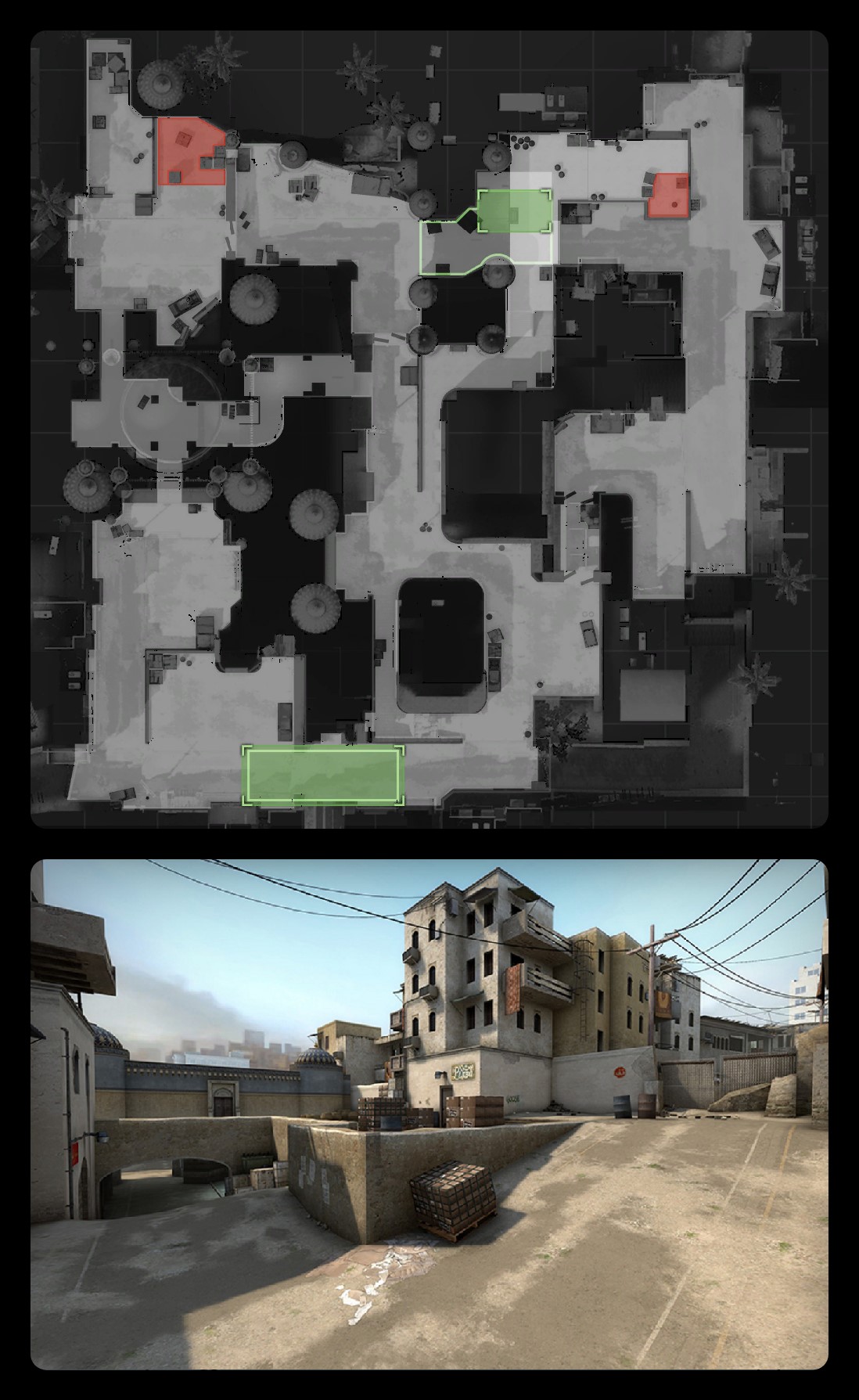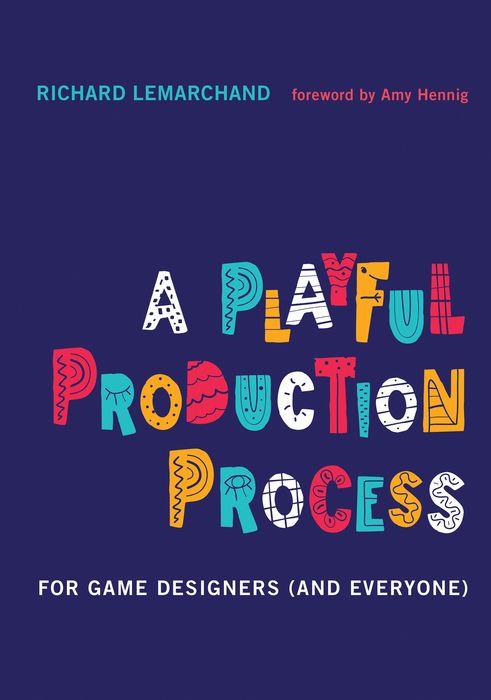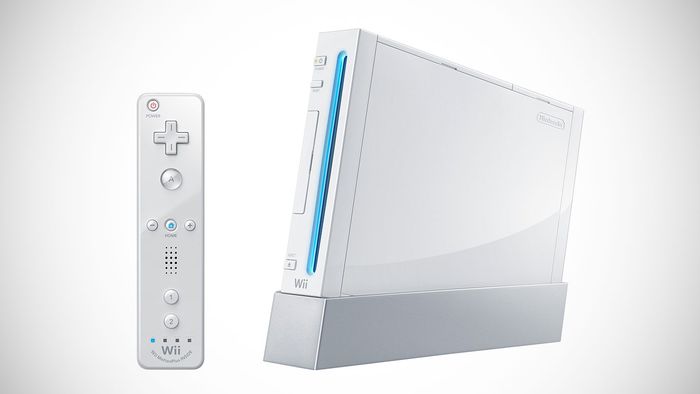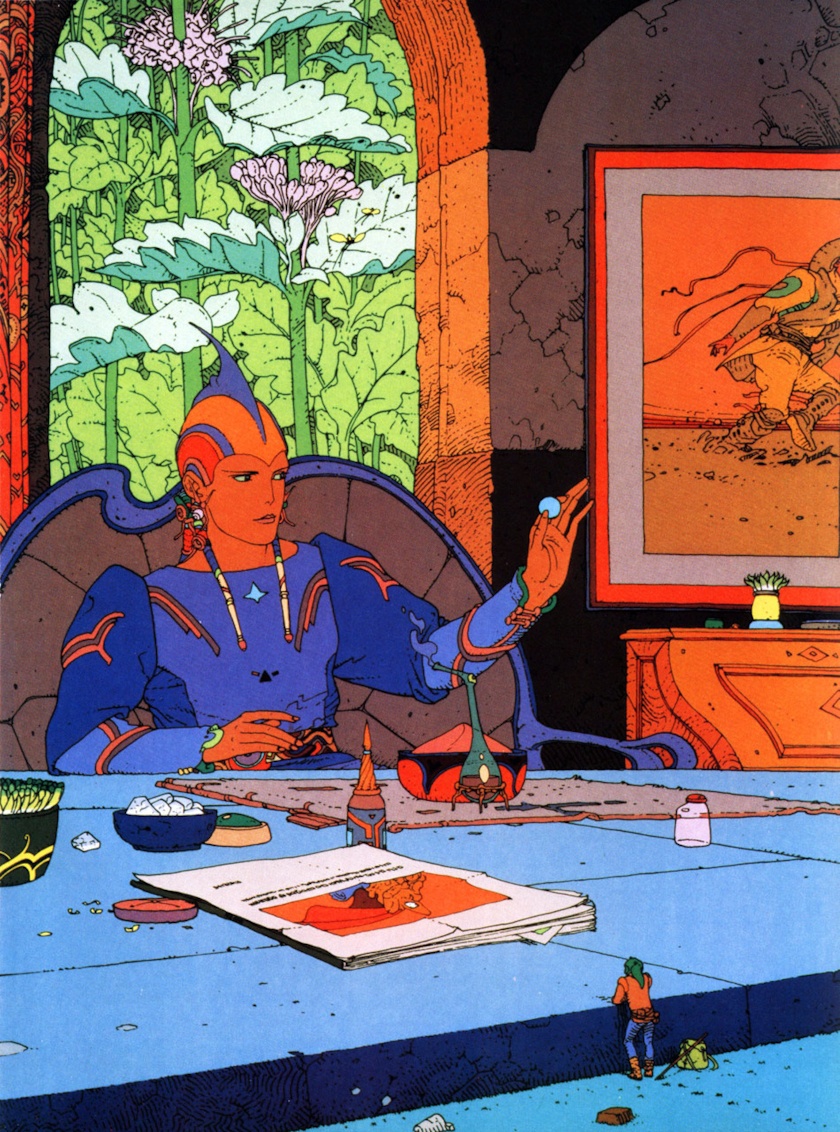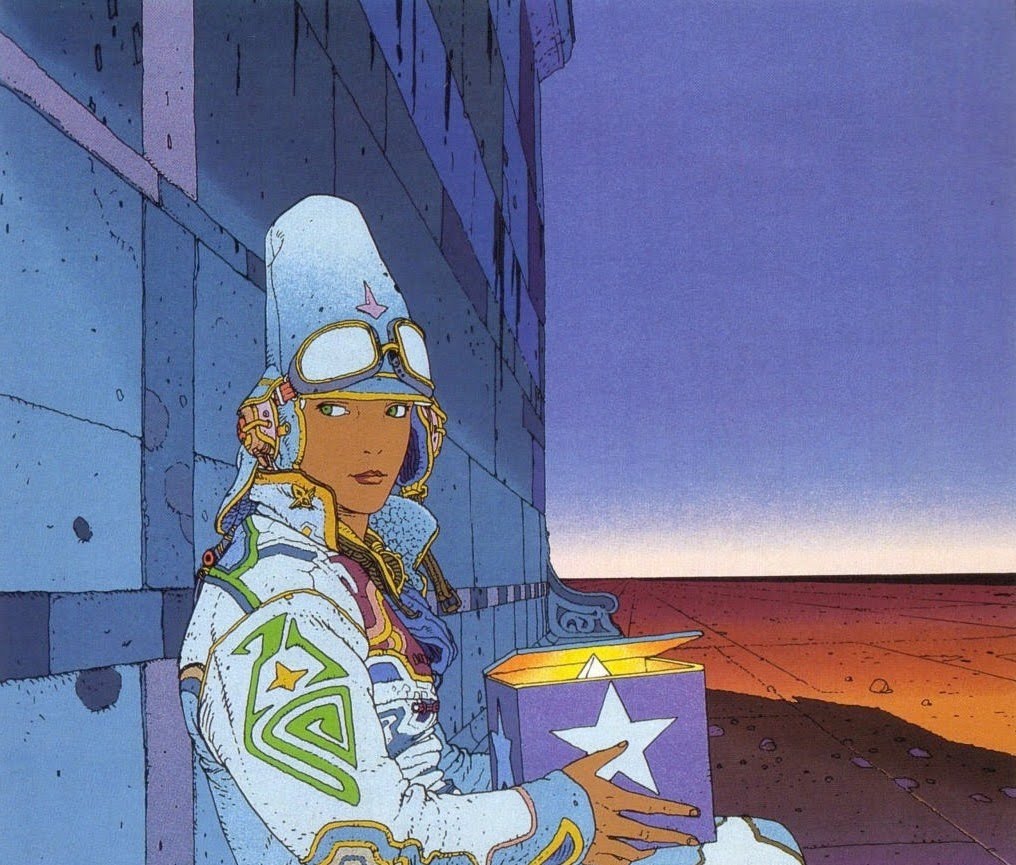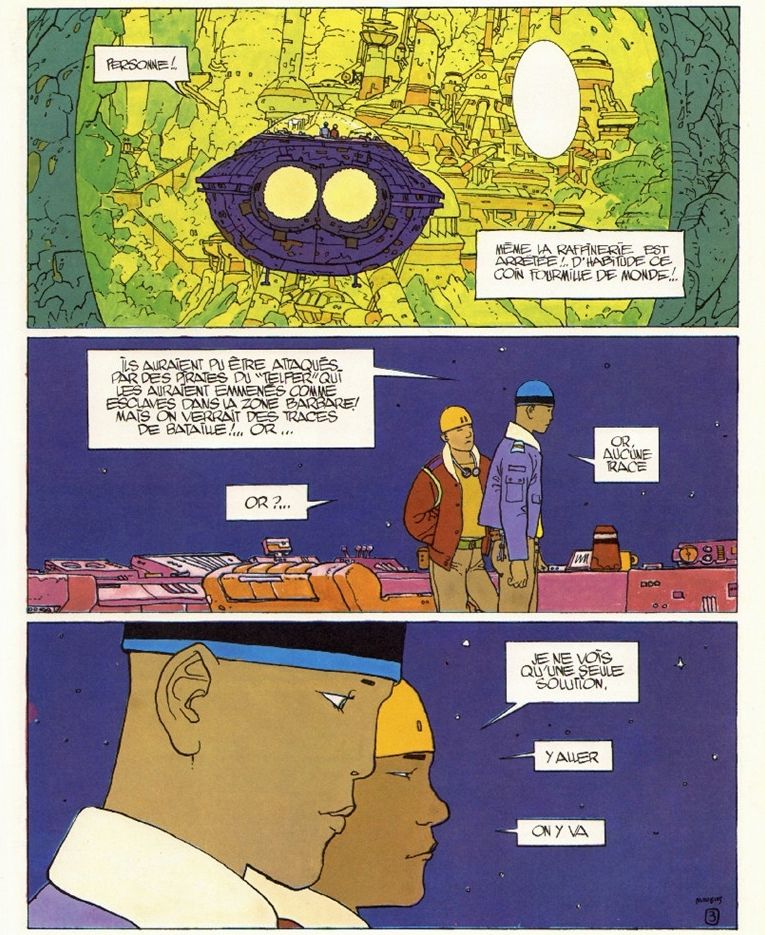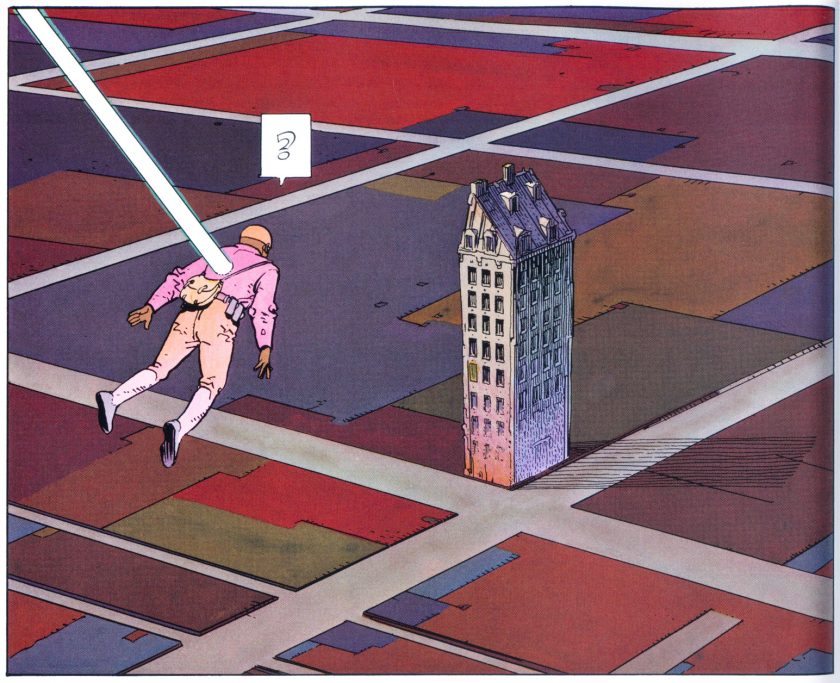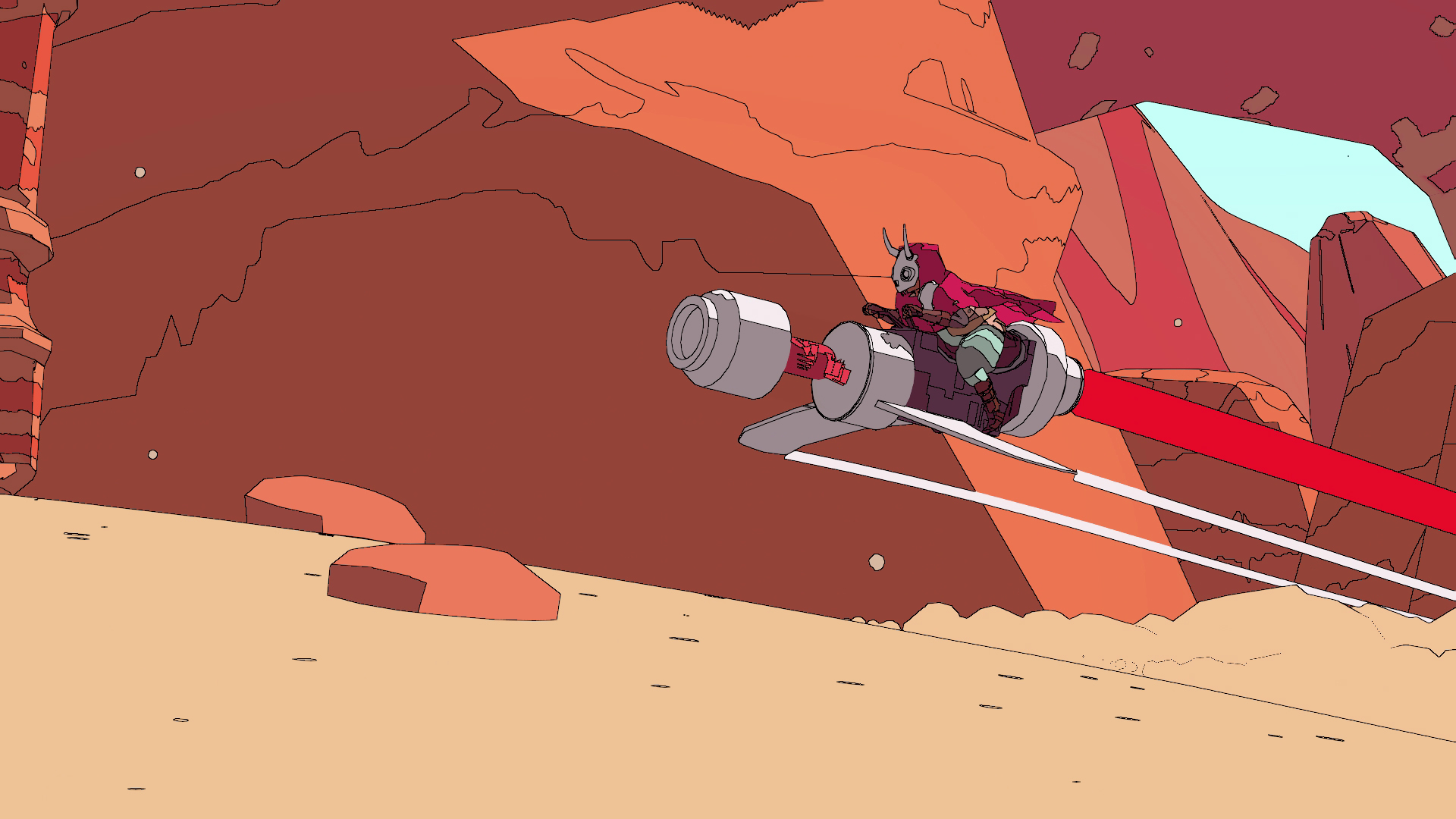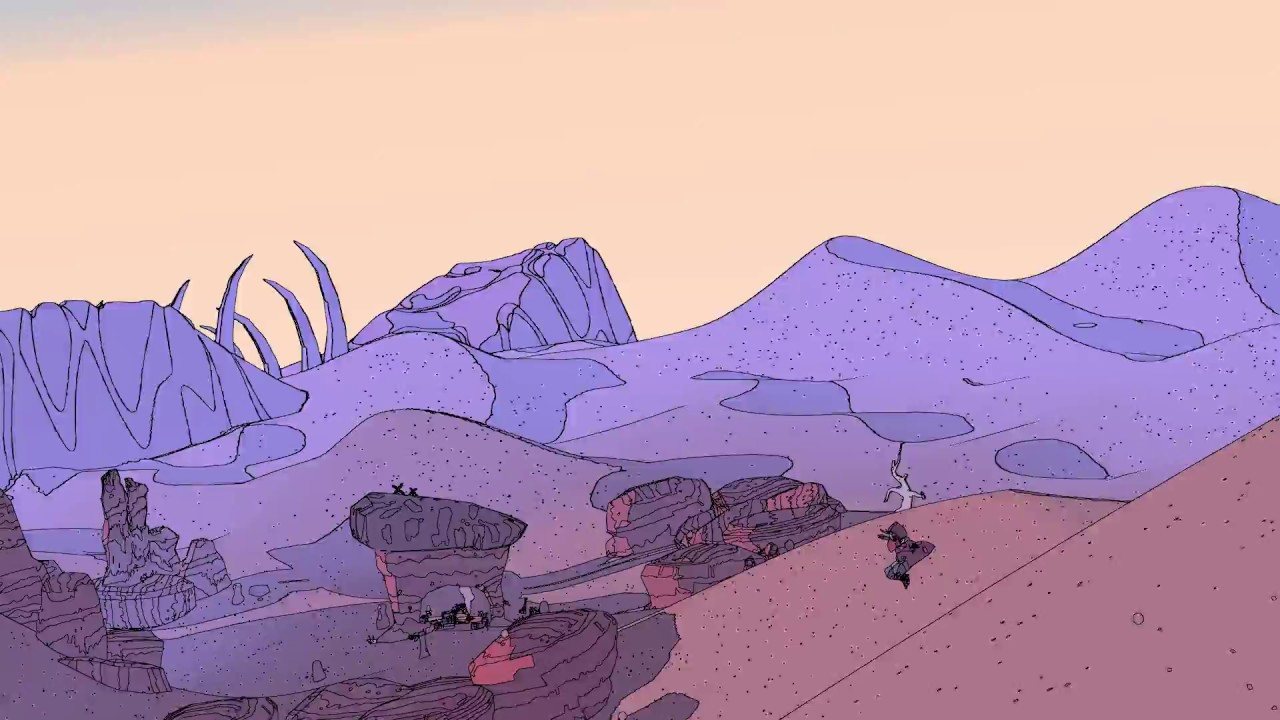Interesting.
Why would Epic do that? They have enormous platforms with Fortnite and the Unreal game toolchain. They did deals with the music industry –concerts with millions in Epic’s metaverse- but I bet the majors were too slow for a software company. Plus, the majors are risk averse which is the opposite of game development. Just not the same mindset.
Enters Bandcamp. Bandcamp has been doing its thing since the beginning and I’ve always loved the platform. Tons of great, diverse music, but also (probably) tons of legal issues with sampling. Because they’ve been small, the copyright holders never went at the indie company. The indie company grew and is quite popular these days, attracting eyes.
So Epic x Bandcamp makes sense. Epic gets to promote ready-to-roll indie artists in their metaverse, and legally and financially protect Bandcamp. They also now own an unlimited amount of music for any of their products, ala Sketchfab. This is pretty great for streamers (and Bandcamp artists).
The possibilities for virality –the mother of all filthy profits these days- through crossovers are definitely huge.
Now as usual with monopolies and powerful companies, there’s a risk for Epic to misbehave and abuse their position. For now though, we can’t say much.
My bandcamp page.
